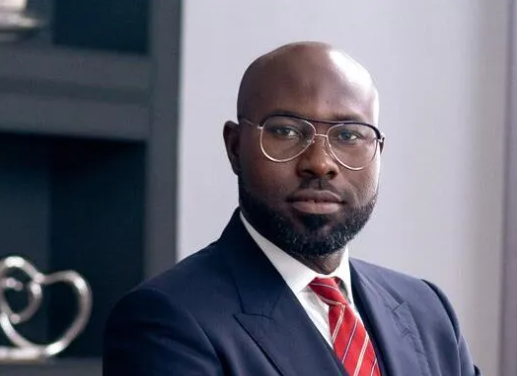The suspension of Chief Justice Gertrude Araba Esaaba Sackey Torkornoo on April 22, 2024, ignited a firestorm of controversy across Ghana, cleaving the nation along political and legal fault lines. The decision, taken by President John Dramani Mahama after reviewing three separate petitions calling for her removal, was immediately denounced by opposition figures as a politically motivated assault on the independence of the judiciary. While the government insisted the action adhered strictly to constitutional procedure, critics argued it represented a blatant attempt by the ruling National Democratic Congress (NDC) to exert undue influence over the judicial branch. This clash of perspectives underscored deeper concerns about the balance of power within Ghana’s democratic institutions and the potential for partisan politics to undermine the rule of law.
The controversy surrounding Chief Justice Torkornoo’s suspension revolved around the interpretation of Article 146(6) of the 1992 Constitution, the legal basis for the president’s action. This article outlines the procedure for removing a Chief Justice, requiring a prima facie case to be established based on stated grounds, followed by consultation with the Council of State. While the government maintained that these stipulations were meticulously observed, the opposition challenged the legitimacy of the process, arguing that the petitions were flimsy pretexts for a politically motivated manoeuvre. The specific allegations contained within the petitions remained shrouded in secrecy, further fuelling speculation and amplifying mistrust between the opposing factions.
John Darko, Member of Parliament for Suame, emerged as a vocal critic of the suspension, branding April 22 a “day of shame” for Ghana. He accused President Mahama of orchestrating a carefully planned scheme to oust the Chief Justice, alleging that the NDC had previously pledged to its supporters that it would remove her from office. Darko dismissed the government’s claims of constitutional compliance, arguing that the suspension was a thinly veiled attempt to manipulate the judiciary and install judges sympathetic to the NDC. His accusations painted a picture of a ruling party intent on consolidating its power by undermining the integrity of an independent judicial system.
In stark contrast to the opposition’s narrative, Felix Kwakye Ofosu, Minister of State in Charge of Government Communications, staunchly defended the President’s decision. He insisted that the suspension was executed in full accordance with the constitutional provisions outlined in Article 146(6). Ofosu emphasized the importance of due process, stating that the Chief Justice had been duly served with the petitions and afforded the opportunity to respond, which she did on April 7. He portrayed the suspension as a necessary step to uphold the integrity of the judiciary and address the serious allegations levelled against Chief Justice Torkornoo.
The controversy surrounding Chief Justice Torkornoo’s suspension exposed deeper fissures within Ghanaian society, highlighting concerns about the delicate balance between executive power and judicial independence. The opposition’s allegations of political interference raised questions about the potential for abuse of power and the erosion of democratic norms. The government’s assertions of constitutional adherence emphasized the importance of following established procedures and upholding the rule of law. This clash of perspectives underscored the crucial role of a transparent and impartial judicial system in safeguarding the integrity of a democratic nation.
The unfolding events surrounding the suspension of Chief Justice Torkornoo captured the attention of the nation, sparking fervent debates about the future of Ghana’s judiciary. The opacity surrounding the petitions and the sharply contrasting interpretations of the constitutional process fuelled public speculation and intensified political polarization. The controversy served as a stark reminder of the importance of transparency, accountability, and mutual respect between the different branches of government in maintaining a healthy democracy. The long-term implications of this event remained to be seen, but its immediate impact was to cast a shadow over the integrity of Ghana’s judicial system and raise serious questions about the potential for political interference.














